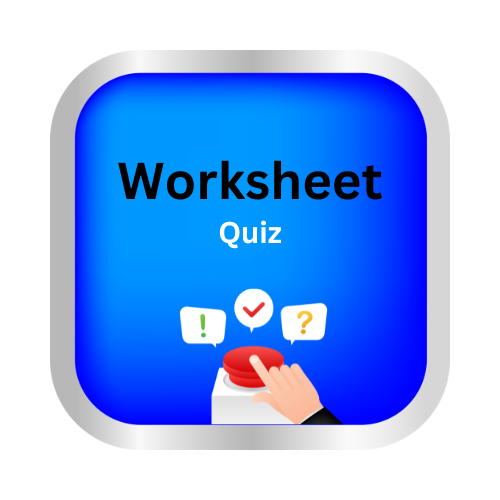Subject and object pronouns review
Key Notes:
🔹 What are Pronouns?
👉 Pronouns are words that replace nouns to avoid repetition.
Example:
- Instead of: Ravi likes Ravi’s bike.
- Use: Ravi likes his bike. ✅
🧑🏫 Subject Pronouns (Who does the action?) 💪
- I, you, he, she, it, we, they
✔️ Used as the subject of the sentence (before the verb).
✨ Examples:
- I love reading. 📚
- She is a good singer. 🎤
- They are playing football. ⚽
🎯 Object Pronouns (Who receives the action?) 🎁
- me, you, him, her, it, us, them
✔️ Used as the object of the verb or preposition (after the verb).
✨ Examples:
- My teacher praised me. 👩🏫
- The dog followed him. 🐕
- Can you help us? 🙋♂️
🔄 Compare Them Side by Side ✨
| Subject Pronouns 💪 | Object Pronouns 🎁 |
|---|---|
| I | me |
| you | you |
| he | him |
| she | her |
| it | it |
| we | us |
| they | them |
📝 Quick Tips 💡
⭐ Use subject pronouns at the beginning of sentences.
⭐ Use object pronouns after verbs or prepositions.
⭐ Double-check: If it’s doing → subject pronoun; if it’s receiving → object pronoun.
🎮 Practice Sentences 🎯
- ___ (She/Her) is my best friend. 👭
- My parents gave ___ (we/us) a gift. 🎁
- Can ___ (they/them) join the trip? 🚌
- I will call ___ (he/him) tonight. ☎️
Let’s practice!🖊️

